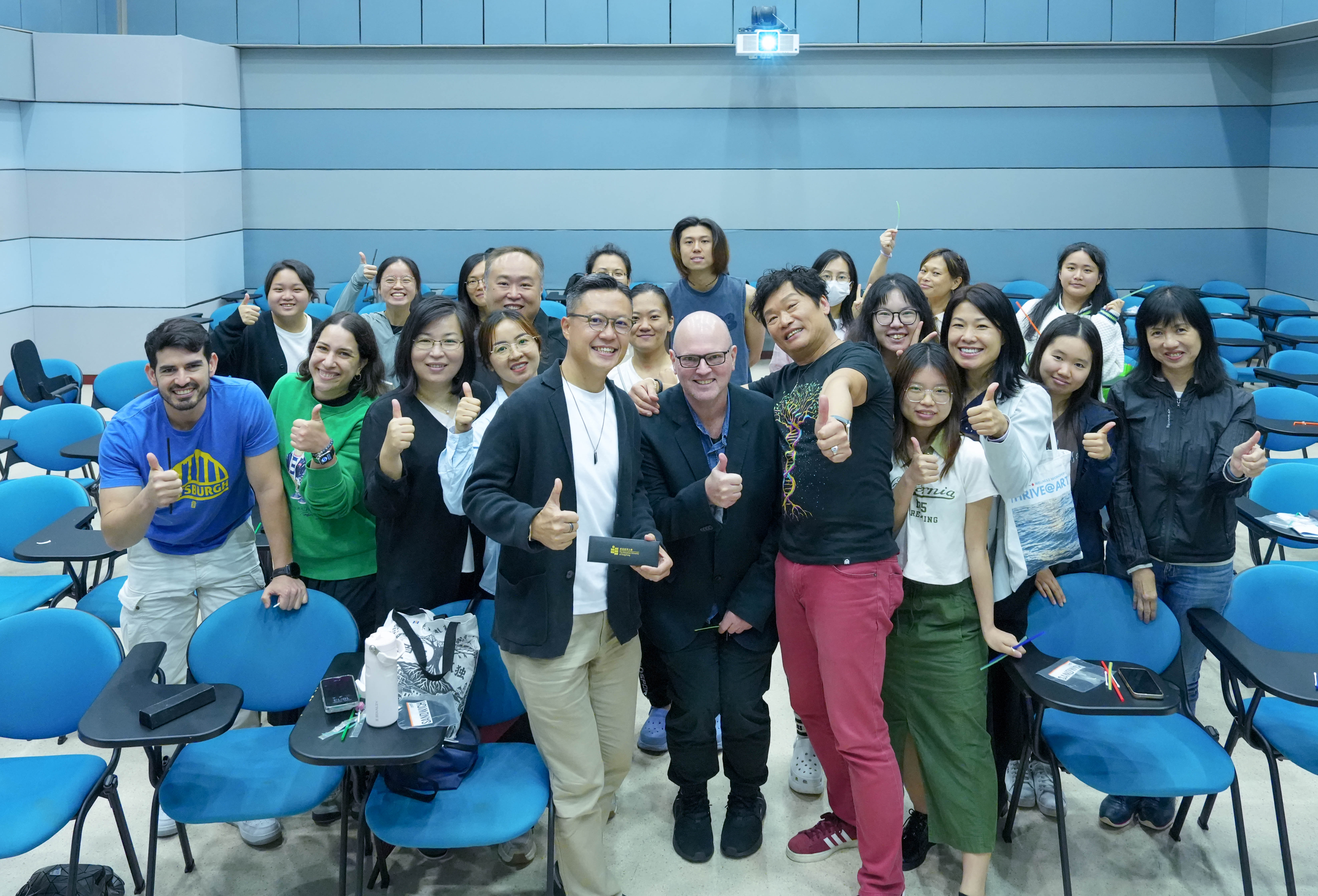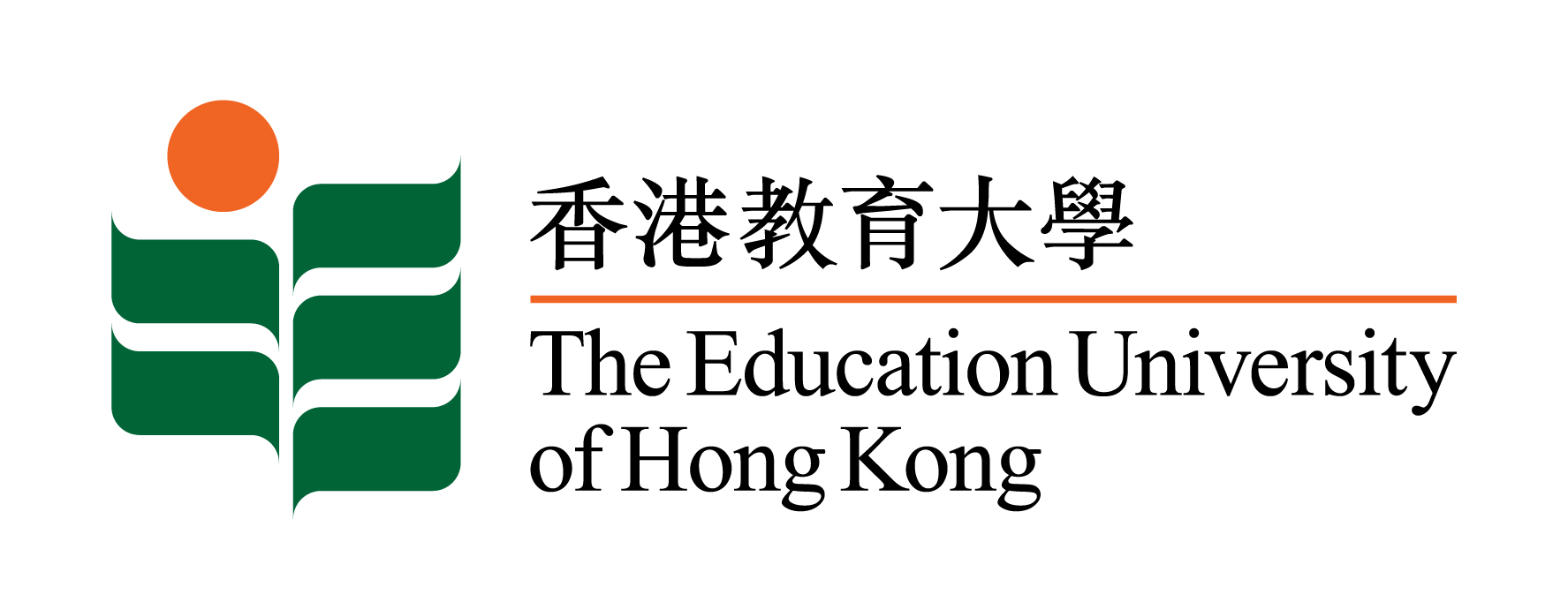Magic, Mindfulness, and Wellbeing: Brother Harry’s (Harry哥哥) Therapeutic Approach to Education
Magician and musician Mr Harry Wong, affectionately known as “Brother Harry (Harry哥哥),” captivated attendees at EdUHK on May 7th with a unique “playshop” blending magic and therapeutic techniques to promote wellbeing in education. Drawing from his background as a music teacher and experience working with special educational needs (SEN) students, Mr Wong emphasised the importance of human connection over rote instruction, setting the tone for an afternoon where wonder met pedagogy.
The session began with Mr Wong demonstrating the psychology behind magic through an interactive mind-reading trick. Using three simple words – “House,” “Cat,” and “Tree” – he revealed how meticulous preparation and understanding audience behaviour could create magic moments. A volunteer later successfully replicated the trick, showcasing its educational potential for building confidence and engagement. Mr Wong further delighted the audience with his good buddy, “Mr Monkey,” a hand puppet, and “Mr Plastic,” a plastic straw that could seemingly move with an invisible force.
The workshop gained additional depth when guest speaker Dr Alfred Lau Sze Lok, a dentist, shared his experience on presenting magic in his daughters’ school. Dr Lau broke down fundamental techniques like sleight of hand and misdirection, demonstrating how these performance arts could inspire kids. Mr Wong then brought the session to a serene closure with a mindfulness exercise, guiding participants through calming breaths accompanied by the gentle sounds of a bell and flute. This comforting moment reinforced his educational philosophy centred on peace, love and happiness, enclosed in his closing remark: “Even a sprinkle of magic can be a lasting moment for children.”
By deconstructing magic tricks to reveal their psychological and physical mechanics, Mr Wong provided educators with tangible tools to foster engagement and trust in learning environments. The workshop not only showcased magic’s potential as an educational aid but also left participants with a renewed appreciation for joy-driven pedagogy and its capacity to transform classroom dynamics.




